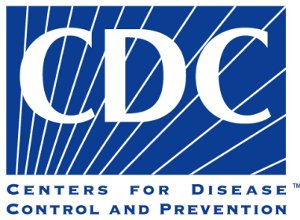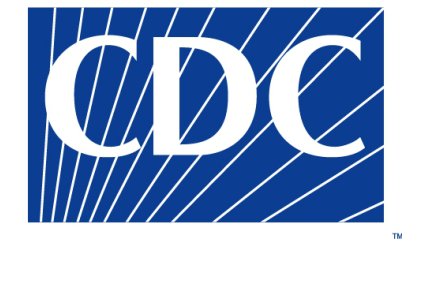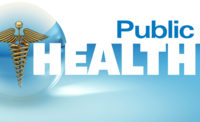 “What if we had found HIV 50 years ago and stopped it from spreading widely?” asked Frieden. “What a different world we would have today.”
“What if we had found HIV 50 years ago and stopped it from spreading widely?” asked Frieden. “What a different world we would have today.”
Drug resistant tuberculosis is also a concern. Frieden, in fact, was infected by tuberculosis while volunteering in the New York City Health Department tuberculosis clinics before he implemented infection control procedures when he became the doctor there.
“Tuberculosis reminds us that we are all connected by the air we breathe.”
Frieden described the expense of treating a tuberculosis patient in the U.S. versus the low cost of treatment under a prevention program.
A "scary" organism
“If we fail to stop the emergence of drug resistance anywhere, all of us are at risk all over the country. In fact, we've seen antimicrobial resistance spreading in hospitals around the U.S. One of the organisms that we've highlighted, or the types of organisms, is called CRE, or carbapenem resistant enterobacterieaceae. You have to take your infectious disease training to be able to say that. It's actually a really scary organism because it spreads from what are called gram negative organisms to other gram negative organisms, not just within one species, but between species. And it contains the resistance, not just to one antibiotic, but to multiple types of antibiotics.”
He raised the alarm about some strains of antibiotic resistant bacteria which are spreading in long-term care facilities and hospitals widely.
“What's important is that the door is not yet completely open. We still have time to shut it. We can still stop the spread of many of these organisms. And by doing that, we can protect ourselves and protect others. But we're going to have to do that with a collaboration throughout the U.S. healthcare system and with collaboration globally.”
Frieden said intentional diseases – such as the anthrax which was used as an intentional weapon in the U.S. -- are also a concern.
Bad guys can use good tools
“Unfortunately, the same tools that enable us to do things that we've never been able to do before to find problems, stop them and prevent them, also are available to bad guys who may be trying to create resistant, easily spreadable, highly virulent organisms and to disseminate those around this country or around the world.”
He said the CDC’s approach to disease challenges is to find the problem, stop the problem and then – based on what worked – figure out how to prevent it more effectively.
“So if you start with not being able to find things, we can't stop them. As an example, H1N1 influenza emerged in Mexico. We didn't expect it to emerge in Mexico and it spread there for at least a couple of months before it was recognized. In fact, it was first recognized by CDC in California. If we had known several months earlier that H1N1 had emerged, we would have started on a vaccine several months earlier. We would have better understood the range of illness it caused. A blind spot anywhere in the world, it's a risk to us everywhere in the world.”
Among the positive developments: the expansion of laboratory networks.
“For example, PulseNet which looks at food borne illnesses in every state in the U.S. and 80 countries around the world. We've trained disease detectives called epidemiologists to find and stop outbreaks. And we've done that not only in this country, but in more than 40 countries around the world where we've trained about 3,000 of them, 80 percent of whom stay in their home country often in positions of leadership finding and stopping outbreaks and implementing programs.”
Frieden said that measles is in the midst of a resurgence, with more than 400 deaths a day from measles around the world.
Keeping Americans safe
“Sometimes, people wonder, ‘Why should we be involved in global health since we have so many challenges here at home?’ But we can't keep Americans safe just looking at our own country. We need to make sure that we're not only protecting ourselves from diseases that can spread from elsewhere, but also learning lessons that can be learned elsewhere, sometimes more efficiently and effectively.
“We're also promoting stability around the world. We're increasing economic productivity around the world and lifting all boats by having healthier communities. We're promoting the reputation of America. I'll never forget the woman I met in Nigeria who was holding twins, her twins, babies, in her hands and she said to me, ‘I'm HIV positive, but my babies are HIV negative because of PEPFAR. And thank the American people for me.’
“And ultimately, our work in global health is so important to do because it's the right thing to do, because we're a great country and because for a very small investment, we can make a massive change in the lives of literally billions of people.”


